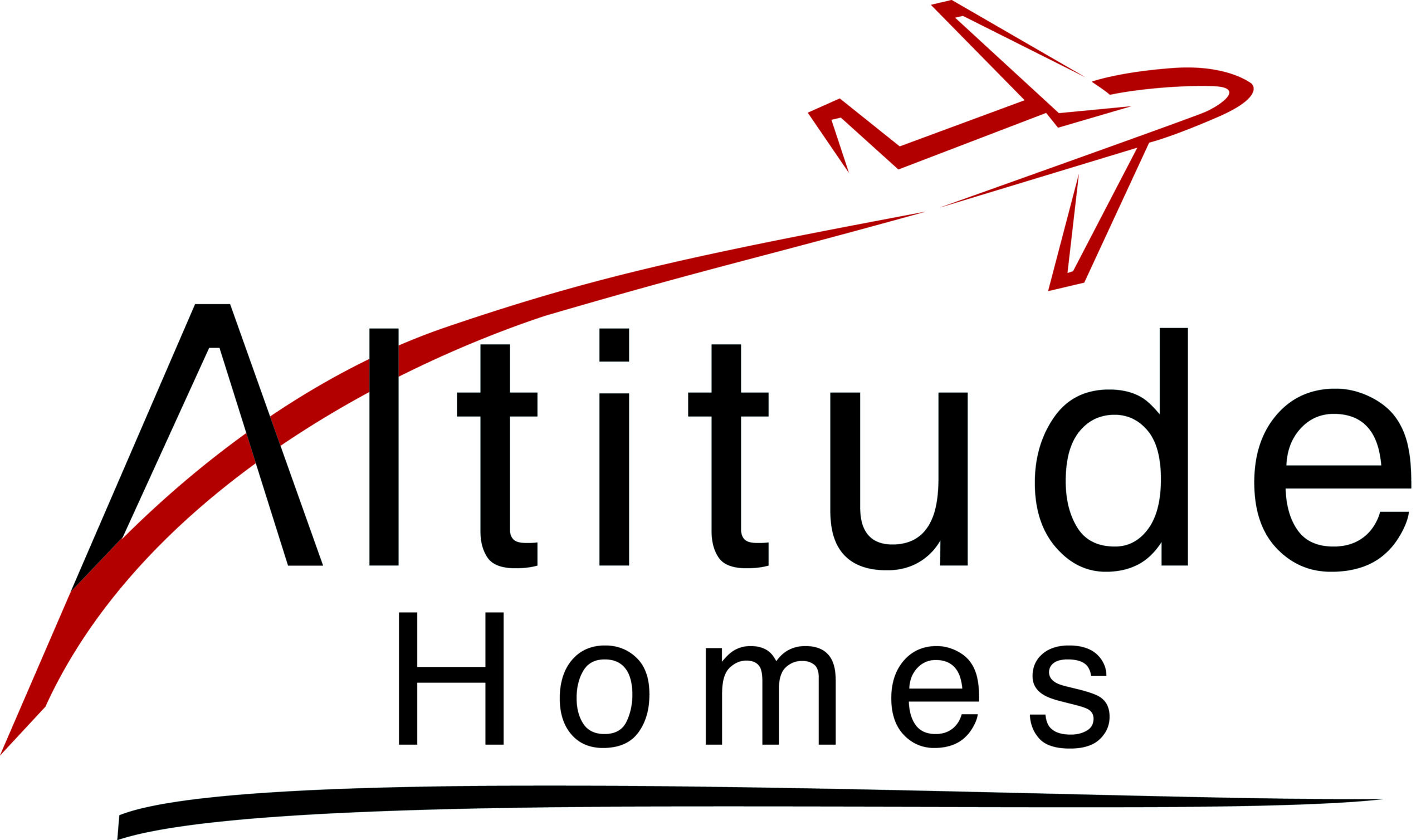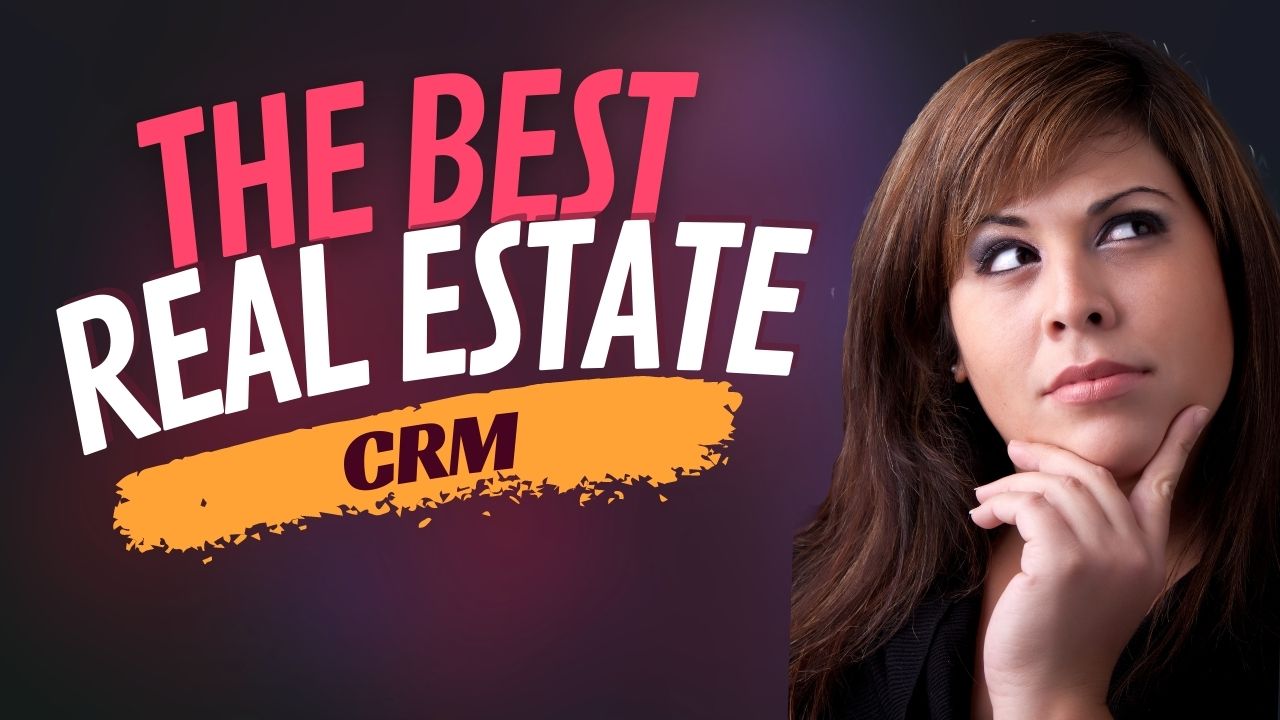
john hurlbut
Spoiler Alert: The Best CRM is the One You're going to learn and USE Daily
Real estate agents have a lot to do and keep track of. To make sure you’re on top of all your tasks, one of the most useful tools you can use is a CRM. With a CRM, you can organize your contacts, track your interactions, and streamline your workflow.
You can find CRMs that are free to use or try and CRMs that cost thousands and 10’s of thousands of dollars per month. But which should you use to run your business?
What should your CRM have at a minimum to be considered useful?
Contact Management: A robust contact management feature is essential for organizing and managing your client database effectively. It should allow you to store detailed information about your contacts, such as their name, contact details, preferences, property requirements, and any relevant notes. Advanced contact management features might include tagging, segmentation, and the ability to track interactions and communication history with each contact.
Transaction Management: A real estate CRM should include comprehensive transaction management capabilities. This feature enables you to track and manage transactions within your business. This will allow you to manage details like key dates, statuses, collaborators to the transaction, in addition to property details like address, status, property type, price, and other relevant attributes. It should also allow you to attach documents, photos, and videos to each transaction record. Advanced transaction management features might include automated listing syndication, document management, and integration with property search portals.
Communication and Task Automation: Effective communication is vital in real estate, and a CRM should provide features to streamline and automate communication processes. This includes email integration, automated email templates, and the ability to send personalized messages to individual or groups of contacts. Additionally, task automation capabilities can help you schedule follow-ups, set reminders, and automate routine workflows, ensuring you stay organized and responsive to your clients. You should at a minimum be able to send text messages and e-mails directly from the CRM and automate many of the routine tasks you do on a day to day basis to ensure all your clients have the same level of service.

